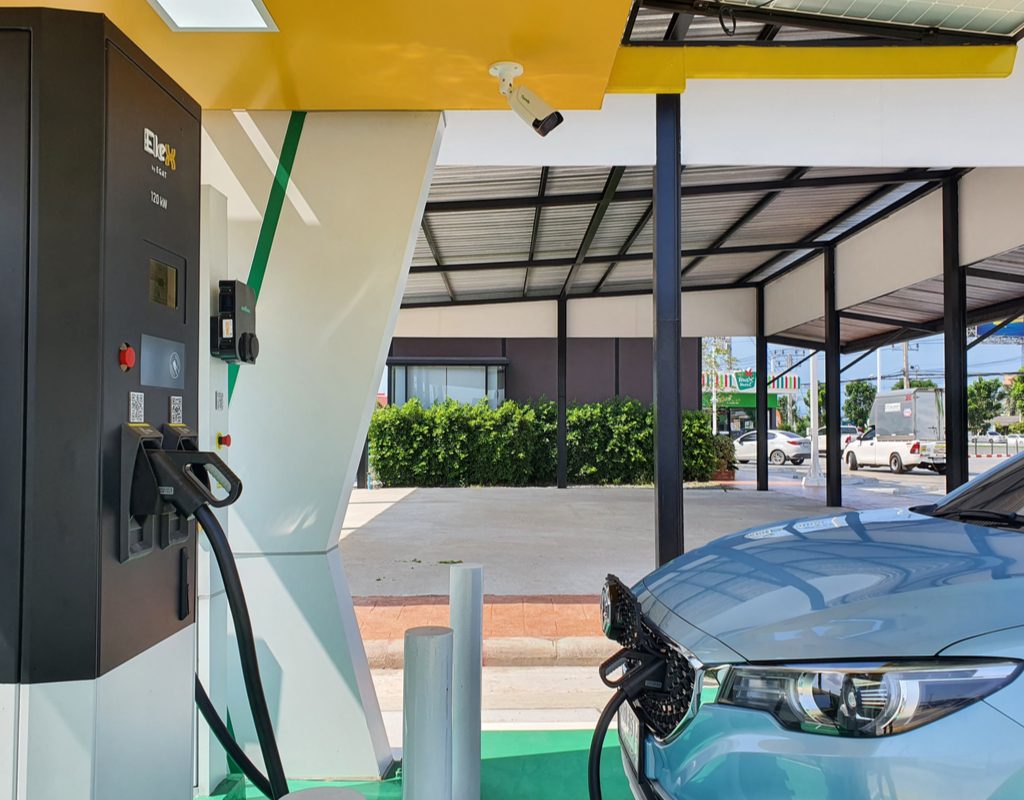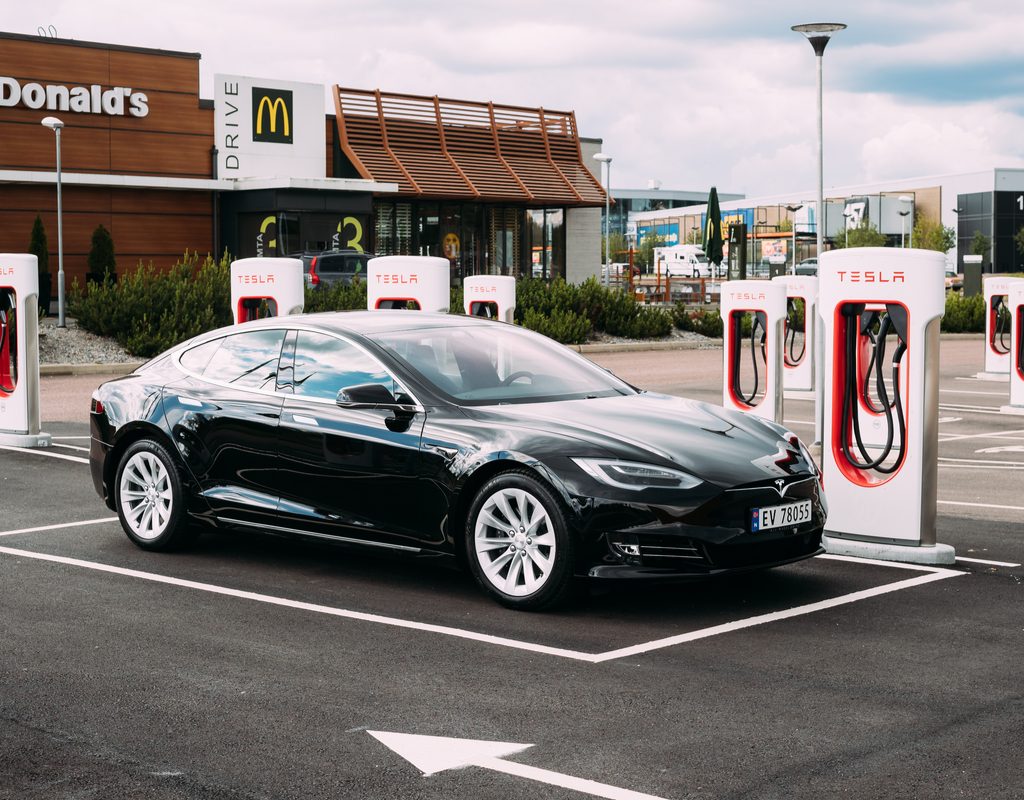Having a successful restaurant isn’t only about creating a delicious menu with an inviting atmosphere. For a restaurant to experience continued success, it must figure out how to set itself apart from its competitors. While delicious food is a part of the formula, it also must deliver superior customer service on all fronts.
One way for restaurant owners to give their consumers an excellent customer experience is to provide added benefits in the parking lot. By installing EV charging stations outside your restaurant, you’re giving people one more reason to frequent your food establishment.
There are several reasons why installing restaurant EV charging stations can benefit both customers and business owners, which we’ll touch on in detail. However, there can also be some downsides that we’ll also discuss.

1. Growing trends of EV ownership
There’s no denying that EVs have a long way to go before they surpass gas-powered cars. There are several reasons why they might never take over the automotive industry. Conversely, the statistics on EV growth don’t lie.
Electric vehicle sales are forecasted to grow to over 7% of new car sales worldwide, and overall EV ownership is expected to increase by 50% in the next seven years. People who choose to buy electric vehicles are the same as everyone else and enjoy eating at restaurants.
2. Increased loyalty from sustainable customers
Some restaurant owners might approach the idea of installing EV charging stations as an added benefit that they aren’t responsible for providing. The truth is, that’s correct. No business is handing out free gasoline to customers, so why should they provide free electricity?
The main flaw of that line of thinking is that the energy cost of electric charging is nominal compared to gas. By installing complimentary charging stations, as a business, you’re telling the segment of EV owners that you understand their values and share in those values.
The minimal added utility cost is a small price to pay for creating loyal customers. A loyal EV customer base will provide your restaurant with consistent revenue because they appreciate your charging stations and love your food.
3. EV charging stations put your restaurant on the map
EV charging stations don’t just create a loyal customer base of local electric vehicle owners; they can also help capture the business of EV owners who are new to town or just passing through. When a company installs an electric vehicle charging station, it becomes eligible to register its name with apps like Open Charge Map, Zap-Map, and many others. These apps help EV owners find nearby charging stations for when they need some juice.
4. Increased “dwell time”
In the past, charging an electric vehicle took a long time, 8-24 hours, depending on how low the battery was. Now, unless you’re planning on providing Level 1 chargers, Level 2 and Level 3 chargers are much faster. Level 2 chargers can provide up to 25 mph charge. Level 3 chargers are the fastest and can charge a range of up to 20 miles a minute.
It’s important to remember that people who stop in for lunch or dinner aren’t expecting a full charge. They only need a little more juice to get home and perhaps run a few errands in between. With that said, in the instance that someone requires a longer charge, it’s just more of an excuse to get another drink, coffee, or dessert before they hit the road.
5. Added revenue
Increasing dwell time for customers isn’t the only way to up the revenues for your restaurant. If paying to charge your customers’ electric vehicles isn’t in your budget, you can always make them pay for it by installing EV charging stations that charge per kilowatt-hour.
The current average rate for pay-per-charge stations is anywhere between 39 and 79 cents per kilowatt-hour. That means you won’t be getting rich off of charging customers to pay, but the accumulation revenue could cover maintenance costs of chargers themselves.

Restaurant EV charging station challenges
Upfront materials and installation costs
Providing EV charging stations for your restaurant customers doesn’t come cheap. Level 2 charger installation can run anywhere between $500 and $2,200, including materials. A top-of-the-line Level 3 charger can be in the tens of thousands of dollars.
Reserving chargers for customers could be challenging
Depending on where your restaurant is, people could potentially plug into your charging stations and walk to other businesses. To prevent this from happening and keeping your chargers dedicated to customer use only could require some frustrating monitoring by your restaurant employees.
Loss of gas-powered vehicle parking
While installing restaurant EV charging stations pleases EV owners, it can seem exclusionary to owners of gas-powered cars. Having dedicated parking spaces for EV charging could potentially cause another customer with a gas-powered vehicle to move on to another restaurant.
Final thoughts
When deciding whether to provide EV charging stations at your restaurant, you must weigh all the pros and cons. Although there are upfront costs and some challenges when dedicating parking spots to particular customers, there is also potential for increased revenues.


